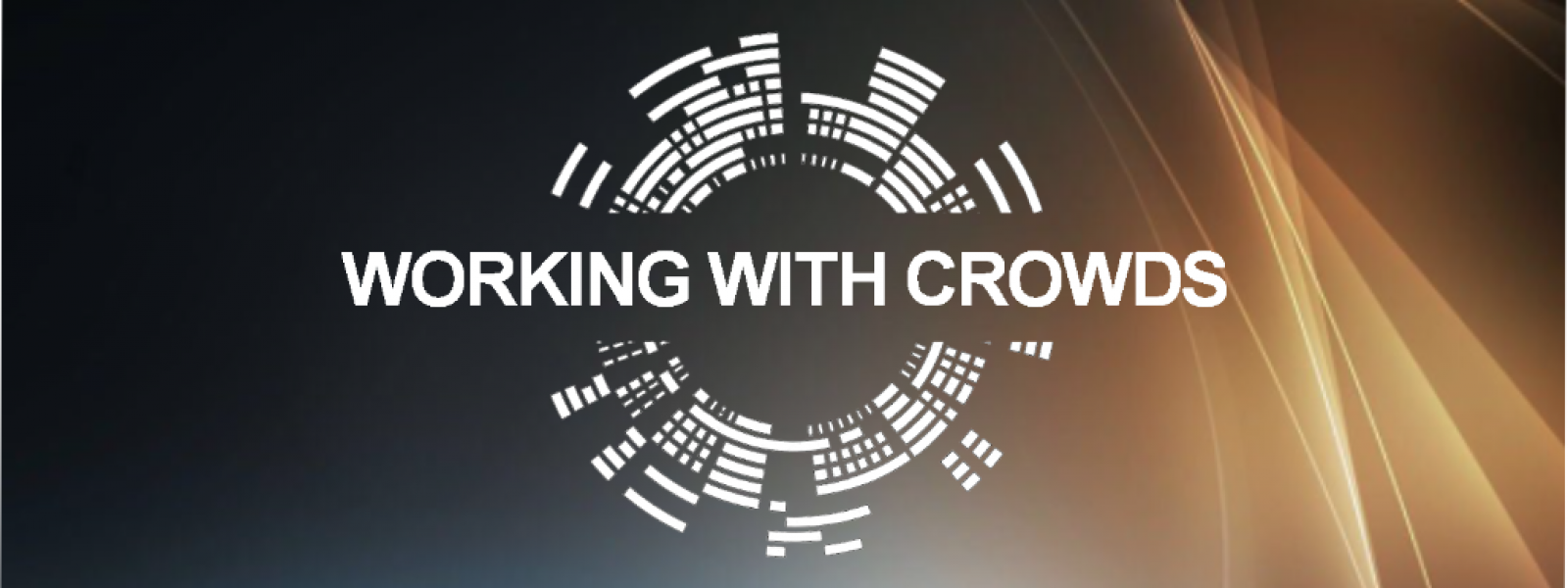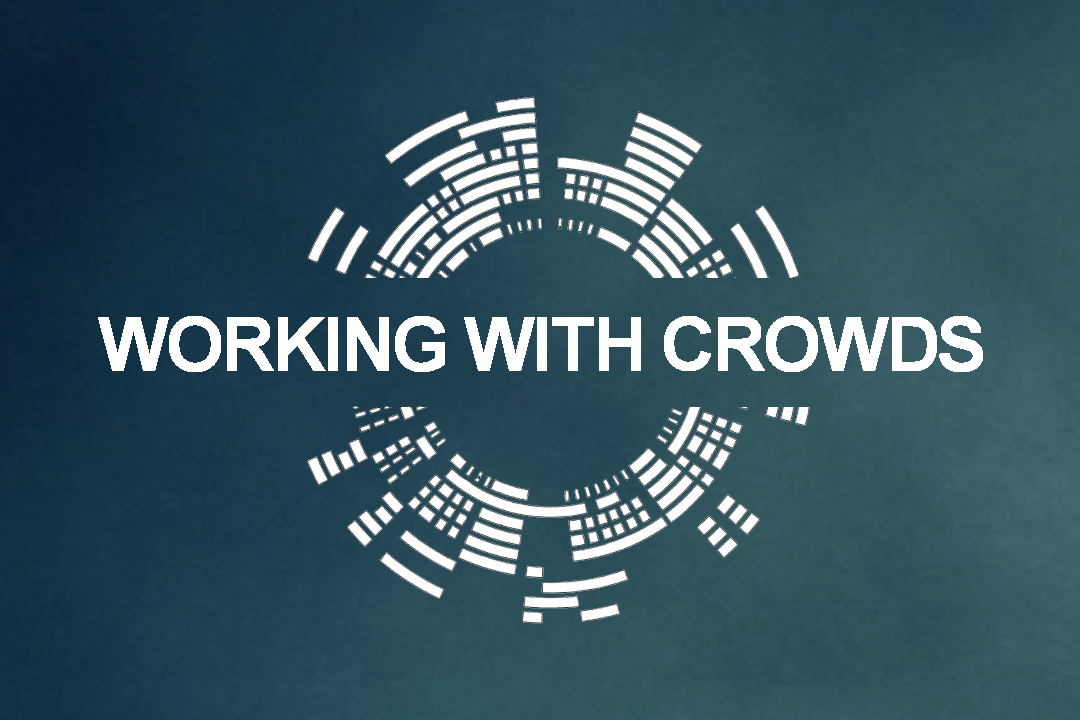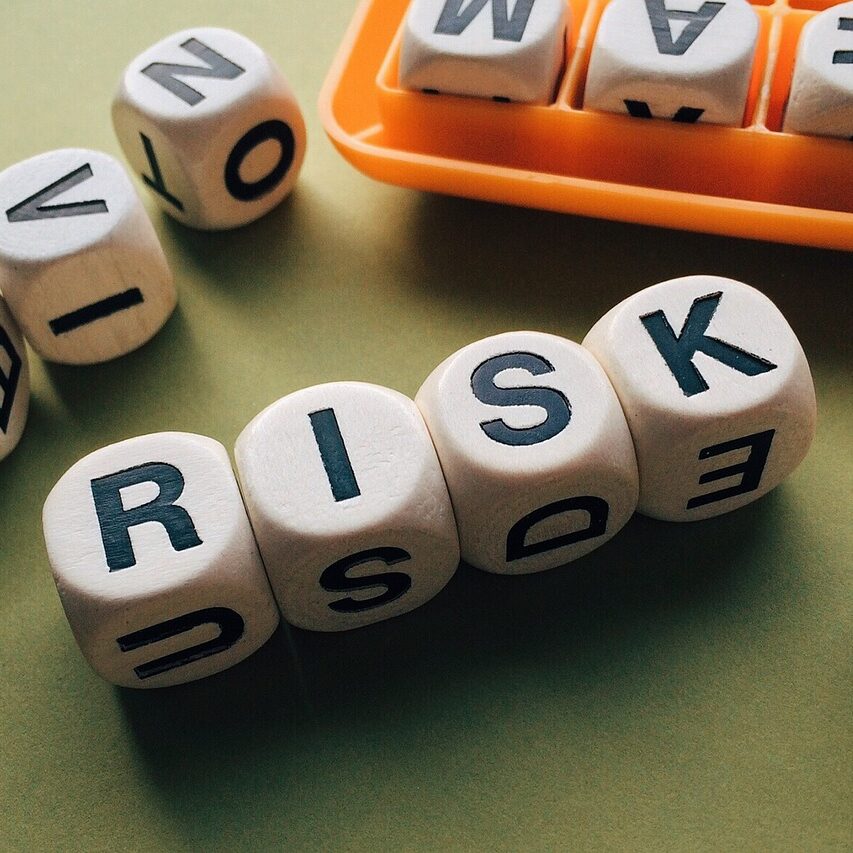The Complete, Unadulterated History Of 1969’s Woodstock Music Festival
Fifty years ago this summer, half a million hippies, beatniks, and long-hairs descended upon upstate New York for the Woodstock music festival. The world would never be the same.
Woodstock ’69 Crowd Was Moments From ‘Mass Electrocution’
While the Woodstock name has become representative of counterculture attitudes, it’s also become somewhat representative of chaos, and not the “good” counterculture type. While it’s well-documented that Woodstock ’94 and Woodstock ’99 were both troubled events, and attempts to revive the brand for 2019 encountered severe difficulties, the reputation of the original 1969 festival remains relatively intact.
‘Weed was in better supply than water’: The Woodstock Music & Art Fair in 1969
What was planned as a three-day, open-air music festival in 1969 for roughly 50,000 people quickly turned into what one attendee said was “a zoo.”
Debunking Woodstock: What really happened?
EMS at Woodstock
Forty years ago, hordes of people set off on a pilgrimage toward what was billed as “three days of peace and music” in upstate New York. In addition to lending its name to a generation, the 1969 Woodstock Festival had the potential to generate a medical disaster of epic proportions.
Woodstock reassessed, 45 years later
Epic music! Epic rain! Peace! Love! Bad acid! Breakfast in bed for 400,000! Wavy Gravy!
Woodstock: The creation and evolution of a myth
Jo Raelene Sorrell
University of Nevada, Las Vegas
The following links are through the dedication to research of Brayden.

18 Ways Woodstock Changed the World
Woodstock was, like many storied musical occasions, a once-in-a-lifetime occurrence. However, the impacts of the 1969 festival have continued to ripple outward for decades, permanently altering the business of live music and inspiring millions, many of whom weren’t even born at the time. To honor the 50th anniversary of more than 400,000 gathering on a muddy dairy farm in upstate New York for what was billed as “three days of peace & music,” here are the most objective and important ways Woodstock’s influence changed the world, in ways that can still be felt today.
The Complete, Unadulterated History Of 1969’s Woodstock Music Festival
Fifty years ago this summer, half a million hippies, beatniks, and long-hairs descended upon upstate New York for the Woodstock music festival. The world would never be the same.
Woodstock's Effect on Counterculture
Though the Vietnam War continued on and the role of women continued to be trivialized, the Counterculture movement began to disintegrate after Woodstock. Though people still protested, had orgies, and mandated Free Love, there was a lack of urgency in their fight. It was as if Woodstock was the common goal that legions of hippies had worked towards, and when it was over they felt fufilled. And why shouldn’t they?
'They Cleaned Up Pretty Well.' What Archeologists Found at the Farm Where Woodstock Was Held
Woodstock HISTORY.COM EDITORS
The Woodstock Music Festival began on August 15, 1969, as half a million people waited on a dairy farm in Bethel, New York, for the three-day music festival to start. Billed as “An Aquarian Experience: 3 Days of Peace and Music,” the epic event would later be known simply as Woodstock and become synonymous with the counterculture movement of the 1960s.
13 Things You Didn’t Know About Woodstock
The Woodstock Music and Art Fair occupies a venerable place in America’s pop culture history, but some basic facts surrounding the 1969 event have been lost in the ensuing four-and-a-half decades of music history telephone. Helping set the record straight in advance of next year’s 45th anniversary, the Bethel Woods Center for the Arts provided The Huffington Post with the following 13 truths about the festival.





